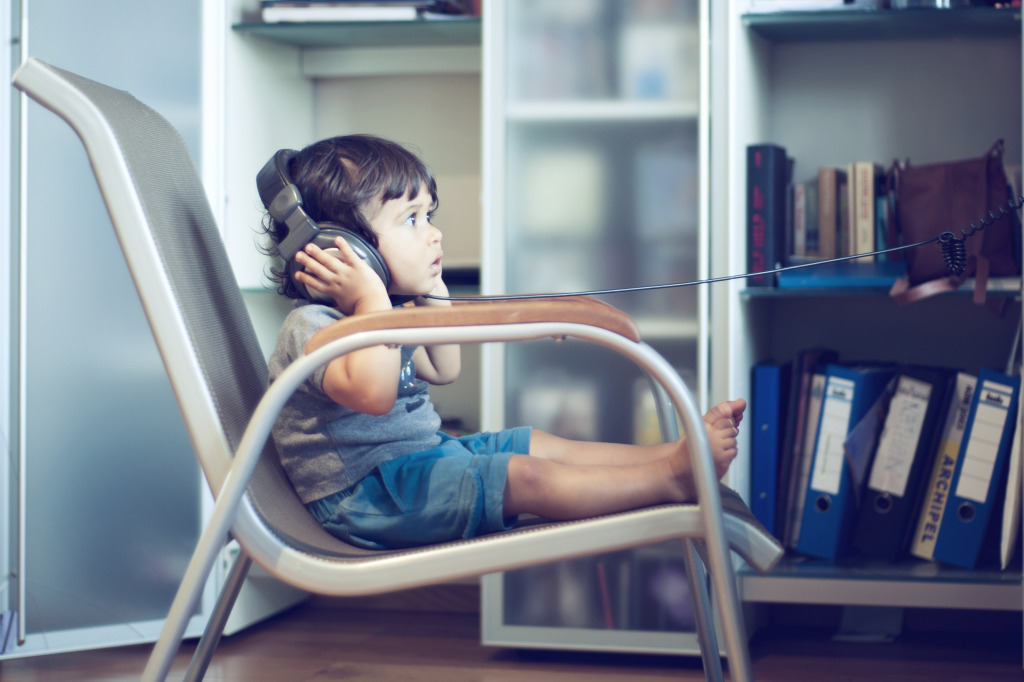Bilingualism affects the development of cortical regions of the brain, particularly during early childhood. That process can create strength in other skills beyond language use, including listening comprehension.
One result of lifetime bilingualism that scientists have discovered is a heightened ability to process sound, not just spoken words.
Bilingual children and adolescents are likely to develop stronger sound recognition, better musical pitch, and a heightened ability to understand multiple overlapping audio stimuli (such as holding a conversation while a catchy song plays in the background, for example).
The Study
A group of researchers (Krizman et. al., 2012) tracked brain activity in bilingual an monolingual subjects who listened to the same basic sound.
Using scanners to monitor brain function, the researchers found that bilingual children and adolescents “encoded” sounds more deeply than monolinguals. Their brains were more aware of and receptive to the fundamental frequency underlying the sound.
That encoding ability helps the brain become more efficient at processing audio information. As bilinguals develop, their brain gets “smarter” about sorting sounds out: which ones are useful, which ones are pleasant, and so on.
In the simplest terms possible, lifetime bilinguals are better listeners than monolinguals. They can understand and analyze sounds more quickly and with more complexity than people whose brains have not had the constant bilingual stimulation.
The Practical Results
This may not sound like much, but being able to process sound quickly and efficiently is an extremely useful skill.
If you’ve ever tried to talk on the phone while other people are in the same room, you should have some understanding of how hard tracking multiple sounds can be.
Bilinguals with strong audio encoding skills will be better multitaskers, especially when using speaking or listening skills. They are also more likely to have a good sense for musical pitch, which has obvious usefulness for anyone who plays an instrument or sings.
Finally, the increased listening skills will dovetail naturally with bilingualism itself. A child raised bilingual from birth will have a much easier time handling multilingual conversations with multiple speakers than an adult bilingual would.
By starting your child on bilingualism from an early age, you’re helping to make their brains more naturally attuned to switching languages — both spoken and heard — as needed.

